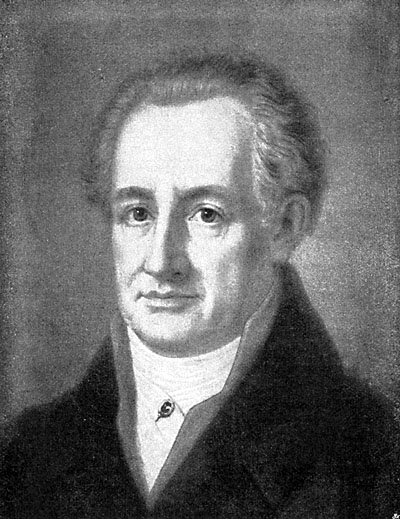I first want to begin by expressing how eye opening this D-term course has
been. Although I have always had an interest in going to Germany, never did I
think I would have this great opportunity to do so with so much gained
knowledge. Through reading the three chapters, I learned that Germany came a
long way; perhaps a bit further than I would have ever thought. A common theme
I noticed while reading was the reoccurrence and growth of the arts. Germany,
today, is very rich in the arts and, from what I have gathered, this can be
traced back to the development of the country.
In our previous class meeting we discussed what unifies a people in the
creating of a national identity. Together, we came up with: a shared belief,
the desire to solve a common goal, to create a sense of dependency amongst each
other, and the development and survival of a common culture. These four
characteristics of a people were exactly what helped bring Germany together to
form the country it is today.
 |
| Our good friend, Immanuel Kant. |
Germany had always been a leading power in cultural arts as well as in
liberal education. As a place where education was a constantly growing
variable, it was not difficult for Germans to discover a place to create
itself. I was very interested in Immanuel Kant's Critique of Pure Reason,
Critique of Judgment and Critique of Practical Reason. It was here
in these writings that he showed just exactly how the people could define what
it means to be united as a country. His works spoke to the human ability
"to decide one way or another" (95.) This is the basic understanding
of what it means to be a liberal thinking nation. With this perspective of life
in the minds of Germans, it was not long until they began to feel real human
freedom.
 |
| Ludwig van Beethoven |
 |
| Johann Wolfgang |
As this nation was beginning to develop its own culture, a place where many
people could share an identity, part of the country that were once divided by
religion now had place to unite. As a place that was divided for the longest
between Lutherans and Catholics, there was now commonplace to meet. Germany has
been the birth of many great artists like Immanuel Kant, Johann Wolfgang and
Ludwig van Beethoven and continues to show great potential for more great
individuals.




No comments:
Post a Comment